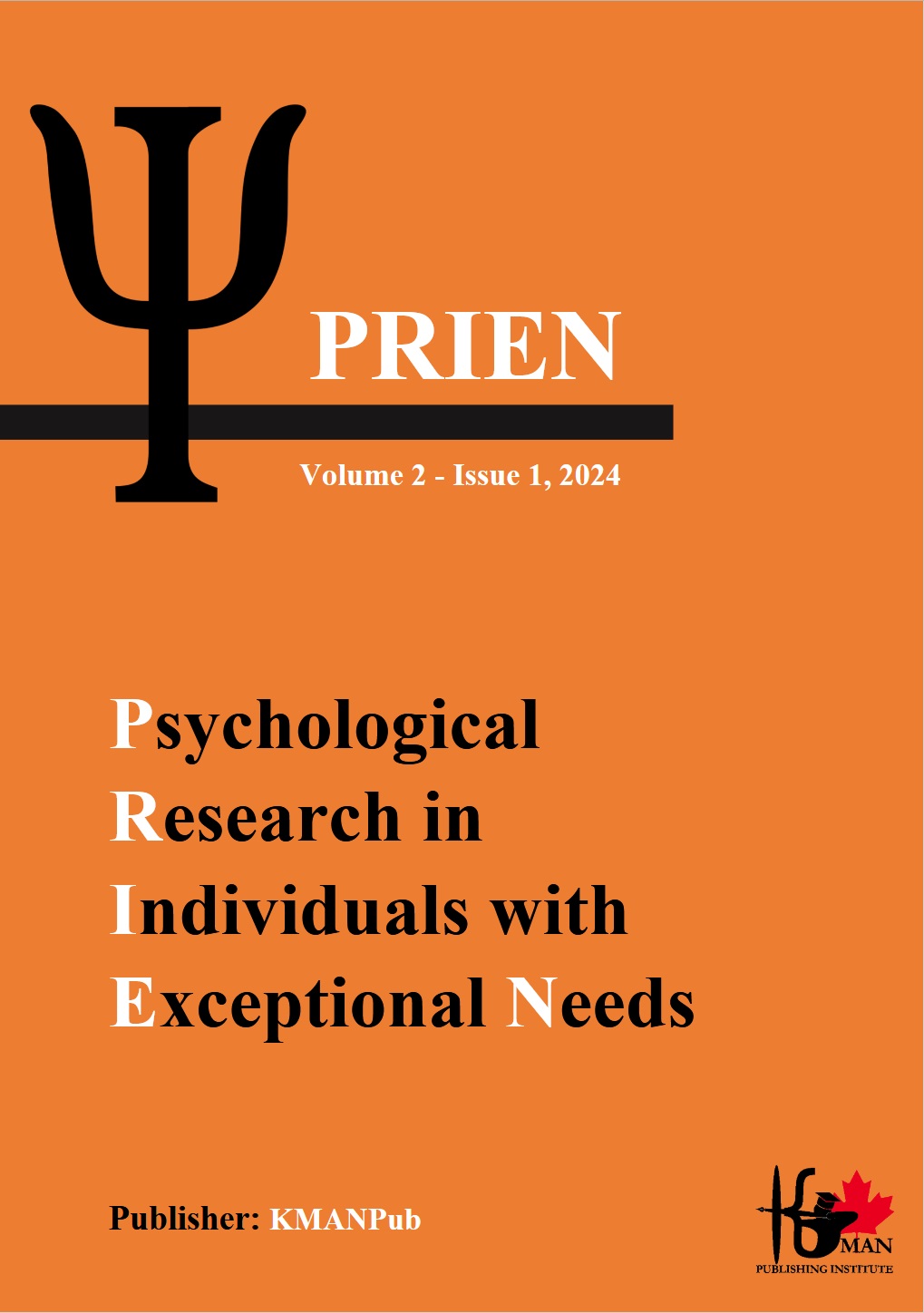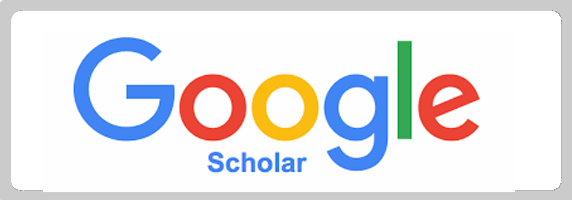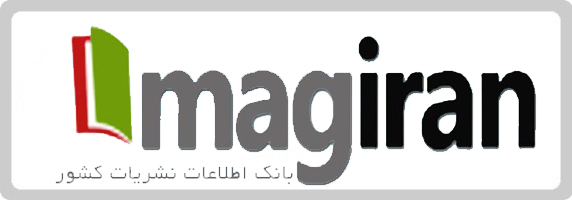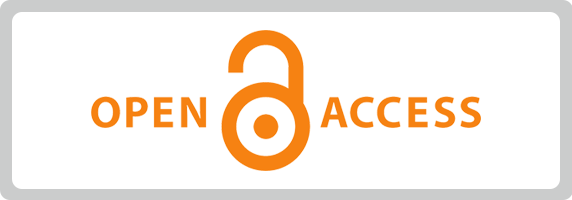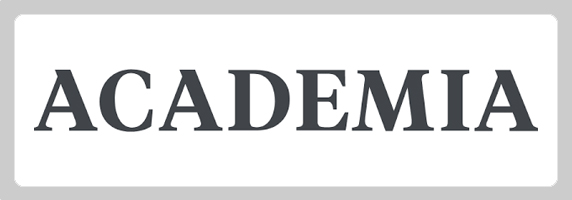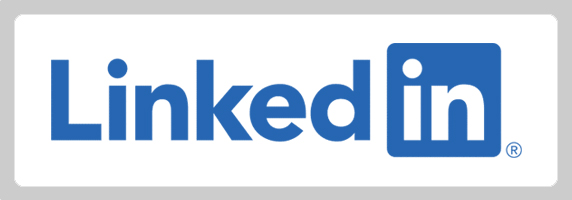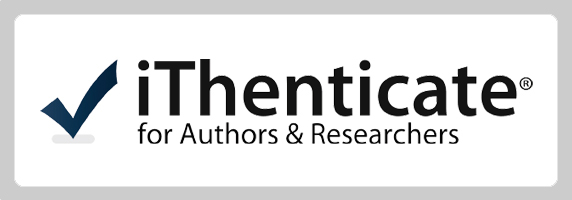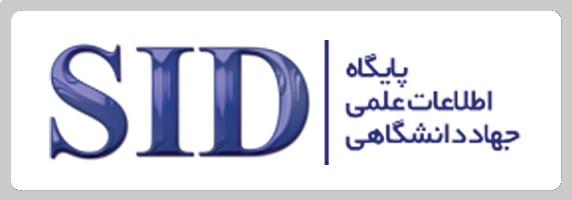Reducing Perfectionism and Enhancing Self-Worth: The Role of Self-Efficacy Training in Gifted Adolescents
Keywords:
Gifted students, self-efficacy, perfectionism, self-worth, randomized controlled trial, intervention, high school studentsAbstract
This study aimed to evaluate the effectiveness of self-efficacy training in reducing perfectionism and enhancing self-worth among gifted high school students. A randomized controlled trial design was employed with 40 gifted high school students randomly assigned to either an intervention group (n = 20) or a control group (n = 20). The intervention group participated in an eight-session self-efficacy training program, while the control group received no intervention. Both groups were assessed at baseline, immediately post-intervention, and at a four-month follow-up. Perfectionism and self-worth were measured using validated scales. Data were analyzed using repeated measures ANOVA and Bonferroni post-hoc tests. The intervention group showed a significant reduction in perfectionism scores from baseline (M = 72.45, SD = 5.28) to post-intervention (M = 64.32, SD = 6.15) and follow-up (M = 66.89, SD = 5.92) compared to the control group, which showed no significant change. Similarly, self-worth scores in the intervention group increased significantly from baseline (M = 32.19, SD = 4.15) to post-intervention (M = 38.45, SD = 3.92) and follow-up (M = 36.98, SD = 4.20), whereas the control group showed no significant change. The ANOVA results indicated significant main effects of time (F(2, 76) = 27.12, p < .001) and group (F(1, 76) = 102.95, p < .001) for perfectionism, and time (F(2, 76) = 24.65, p < .001) and group (F(1, 76) = 111.30, p < .001) for self-worth, with significant interaction effects for both variables. Self-efficacy training is effective in reducing perfectionism and enhancing self-worth among gifted high school students. The positive effects were maintained at a four-month follow-up, suggesting the potential long-term benefits of such interventions in this population.
Downloads
References
Alizadeh, P., Kooshki, S., & Tarvirdizadeh, H. (2023). The Effectiveness of Acceptance and Commitment Therapy and on Pain Intensity, Childhood Trauma, Perfectionism and Psychological Flexibility in Patients with Chronic Pain. Journal of Assessment and Research in Applied Counseling (JARAC), 5(2), 123-136.https://doi.org/10.61838/kman.jarac.5.2.15
Alodat, A. M., Ghazal, M. M. A., & Al-Hamouri, F. (2020). Perfectionism and Academic Self-Handicapped Among Gifted Students: An Explanatory Model. International Journal of Educational Psychology, 9(2), 195.https://doi.org/10.17583/ijep.2020.4426
Arbinaga, F. (2023). Resilient Behaviors in Music Students: Relationship With Perfectionism and Self-Efficacy. Behavioral Sciences, 13(9), 722.https://doi.org/10.3390/bs13090722
Behnaz , H. (2016). Effectiveness of emotional self-efficacy training on social adjustment and social anxiety in adolescents. Journal of Applied Psycology Research, 7(2), 69-80.https://www.magiran.com/paper/2078288
Chan, D. (2007). Positive and Negative Perfectionism Among Chinese Gifted Students in Hong Kong: Their Relationships to General Self-Efficacy and Subjective Well-Being. Journal for the Education of the Gifted, 31(1), 77-102.https://doi.org/10.4219/jeg-2007-512
Dixon, F. A., Lapsley, D. K., & Hanchon, T. A. (2004). An Empirical Typology of Perfectionism in Gifted Adolescents. Gifted Child Quarterly, 48(2), 95-106.https://doi.org/10.1177/001698620404800203
Hasheminejad, F., Salehi, M., & Sharifi, N. (2024). Modeling the general health of Iranian immigrants based on cognitive flexibility and perfectionism with the mediation of acculturation stress. Journal of Adolescent and Youth Psychological Studies (JAYPS), 5(1), 78-86.https://doi.org/10.61838/kman.jayps.5.1.10
Neumeister, K. L. S. (2004). Factors Influencing the Development of Perfectionism in Gifted College Students. Gifted Child Quarterly, 48(4), 259-274.https://doi.org/10.1177/001698620404800402
Neumeister, K. L. S., Williams, K. K., & Cross, T. L. (2009). Gifted High-School Students' Perspectives on the Development of Perfectionism. Roeper Review, 31(4), 198-206.https://doi.org/10.1080/02783190903177564
Olton-Weber, S. R., Hess, R. S., & Ritchotte, J. A. (2020). Reducing Levels of Perfectionism in Gifted and Talented Youth Through a Mindfulness Intervention. Gifted Child Quarterly, 64(4), 319-330.https://doi.org/10.1177/0016986220953392
Parsakia, K., & Darbani, S. A. (2022). Effectiveness of strengthbased counseling on self-worth of divorced women. Applied Family Therapy Journal (AFTJ), 3(1), 687-700.https://journals.kmanpub.com/index.php/aftj/article/view/938
Rafiei Bandari, V., Yegane, S., & Daryapama, T. (2023). The Effectiveness of Self-Efficacy Training in Academic Anxiety and School Bonding of Students. Iranian Journal of Neurodevelopmental Disorders, 2(3), 19-25.https://maherpub.com/jndd/article/view/33
Samadi, S., Mousavi, S., Akbari, B., & Rezaei, S. (2020). The Effectiveness of Self-Efficacy Training on Self-Regulation and Health Behaviors of Procrastinator students. Biquarterly Journal of Cognitive Strategies in Learning, 8(14), 111-137.https://doi.org/10.22084/j.psychogy.2019.19828.2013
Schuler, P. (2000). Perfectionism and Gifted Adolescents. Journal of Secondary Gifted Education, 11(4), 183-196.https://doi.org/10.4219/jsge-2000-629
Shokhmgar, Z., pour, M. M., & Sanjari, M. J. (2018). Effectiveness of Self-Efficacy Group Training on Achievement Motivation and Self-Efficacy of High School Students. Journal of Clinical and Basic Research, 2(1), 32-38.https://doi.org/10.29252/jcbr.2.1.32
Stornelli, D., Flett, G. L., & Hewitt, P. L. (2009). Perfectionism, Achievement, and Affect in Children: A Comparison of Students From Gifted, Arts, and Regular Programs. Canadian Journal of School Psychology, 24(4), 267-283.https://doi.org/10.1177/0829573509342392
Downloads
Additional Files
Published
Issue
Section
License

This work is licensed under a Creative Commons Attribution-NonCommercial 4.0 International License.
